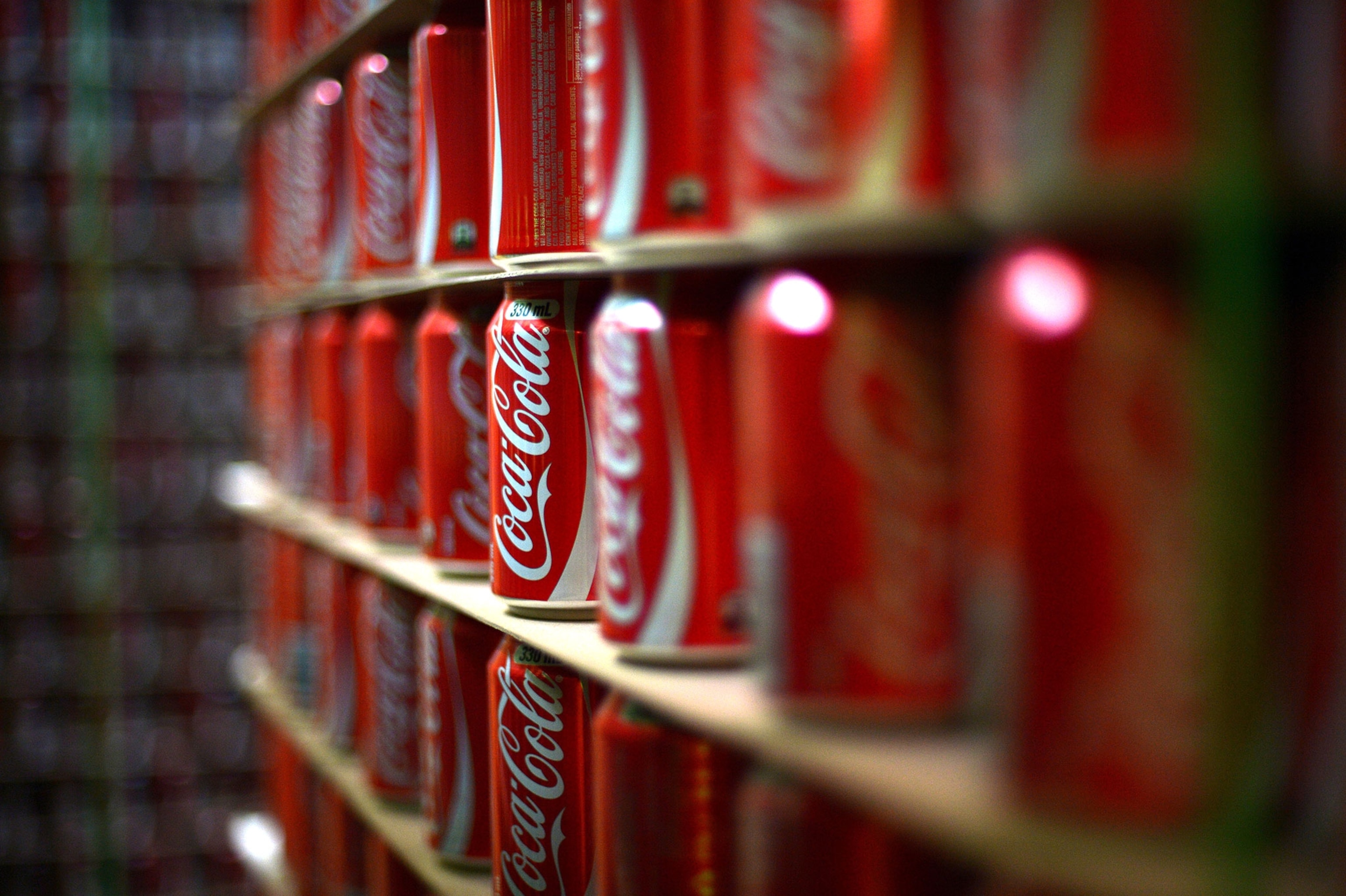
Latest Soda Tax Puts Pressure on Waistlines and the World
When George Osborne, the UK’s finance minister, made his annual budget speech on Wednesday, he surprised many people by announcing that the country would join several other nations attempting to tackle obesity by taxing soda.
“I am not prepared to look back at my time here in this Parliament, doing this job, and say to my children’s generation: ‘I’m sorry. We knew there was a problem with sugary drinks. We knew it caused disease. But we ducked the difficult decisions and we did nothing,’” Osborne said. “So today I can announce that we will introduce a new sugar levy on the soft drinks industry.”
The announcement came in the middle of an otherwise gloomy speech, in which Osborne forecast slowed economic growth and cuts in public spending.
But for health advocates in Britain who’ve pushed for a soda tax, it came as welcome news.
“We did it guys!!” declared celebrity chef and nutrition advocate Jamie Oliver, on his Instagram Wednesday. “We did it!!!”
Not everyone was so jubilant. Critics have called soda taxes regressive, a levy on the poor, and questioned whether they have a meaningful role in cutting obesity or weight-related diseases.
The tax, which will vary depending on the sugar content of sodas, could range from eight to 24 pence (11-34 cents) per liter of soda, and by some estimates, will raise the price of certain 2-liter sodas in Britain by as much as 80 percent. That, advocates say, will deliver enough of a deterrent to slow consumption, while adding a few pounds to the country’s coffers—the equivalent of about $700 million a year. The money will go toward funding school sports.
The UK’s move follows similar soda tax efforts in France, Hungary, Chile, and Mexico, riding what public health advocates see as growing trend. While several countries and more than 30 U.S. states have taxed sodas, many of those levies were set at a low rate that was aimed at raising modest revenue.
More recent tax proposals, like Britain’s, are intentionally high. High enough, advocates hope, that they’ll curb consumption and encourage a behavior change that may result in weight loss.
“We’re beginning to move into punitive taxes, just like we did with tobacco, to improve public health,” says Barry Popkin a professor of nutrition and economics at the University of North Carolina, Chapel Hill, and author of The World is Fat.
Other countries could soon follow. India, Indonesia and the Philippines are discussing similar proposals, while South Africa and Colombia have already included the taxes in their budgets, Popkin says.
“A lot of countries need revenue, and taxing sugar-sweetened beverages is a very good way to provide revenue and improve the health of the population,” Popkin adds. “In Mexico, a 10 percent tax, in an upper middle income country, had a significant impact.”
Soda, of course, is an easy target for health advocates and is seen, not just as a revenue generator, but an easy policy fix. In the U.S. — the second biggest consumer globally — soda and other sugar-sweetened drinks, including fruit juices, deliver nearly half of the added sugars in the American diet.
“The research linking sugar-sweetened beverages to obesity and diabetes is clear. There’s no ambiguity there at all,” says Kelly Brownell, public policy professor at Duke University, an early advocate of soda taxes going back to the mid-1990s. “It’s a category of food that stands out. There’s no redeeming value there at all.”
Brownell points to Mexico, where soda consumption has declined since the tax was imposed in 2014. (The data from Mexico is considered the most complete so far. The city of Berkeley, California, initiated a hefty soda tax last year, of about 20 percent, but studies looking at its effects are still underway.)
“I was worried it wouldn’t be enough to change consumption,” says Brownell, referring to Mexico’s 10 percent levy. “But they found not only a decrease in soda consumption, but an increase in water consumption, so that was very positive.”
Not everyone agrees that the data from Mexico is so rosy. Tom Sanders, nutrition professor emeritus at King’s College London notes in New Scientist that, as health advocates looked toward Mexico for evidence of success, consumption of taxed sodas dropped by only 12 milliliters, per person, per day. Among poor people, the drop was greater—35 milliliters per day—but that only represents 16 calories.
“I think the tax will be more effective at communicating that drinking large amounts of sugar drinks is unhealthy than it will have on deterring consumption on the basis of price,” he explains in an email. “Evidence from other countries indicate the size of the effect of tax on actual intake is small.”
The soda industry, not surprisingly, questions the impact of taxes and has fought heavily against them.
“The UK government’s proposal doesn’t solve rising obesity rates,” says the International Council of Beverages Associations in an emailed statement. “Calories from beverages have been going down at the same time obesity rates are climbing, so singling out one item on the grocery cart such as beverages isn’t logical or helpful.”
Many nutrition advocates are in a wait-and-see mode. “Taxes are too new to know whether they reduce consumption. Preliminary evidence from Mexico suggests they may do so,” says Marion Nestle, a professor of nutrition at New York University and the author of Soda Politics: Taking on Big Soda (and Winning). “It’s still way too early to tell.”
But for now, the momentum behind soda taxes seems to be building.
“Of all the different things that drove down cigarette smoking, the tobacco taxes were most powerful,” Brownell says. “The [soda] industry has fought back viciously. There’s the irony: They say it [taxes] won’t work, but then they fight against it with all they’ve got.”
Georgina Gustin is a longtime food policy and farming reporter, and currently an editor at Timeline.com. You can follow her on Twitter.